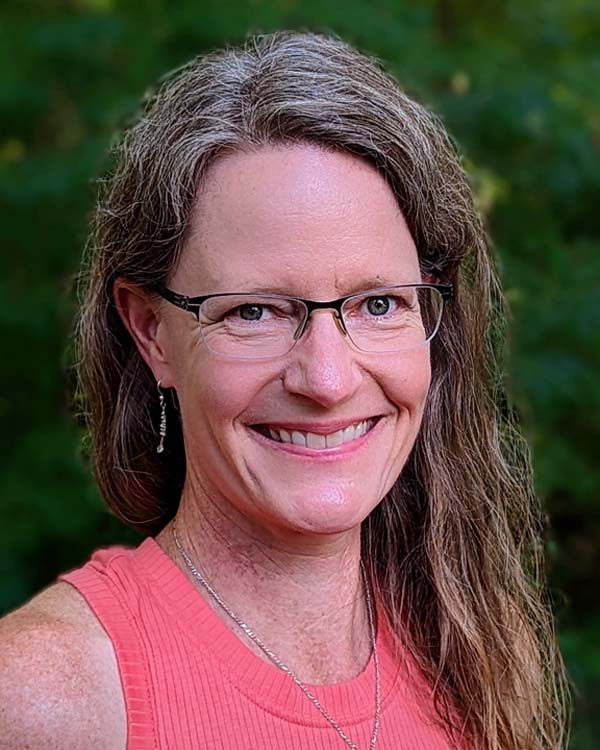
About the Madison Arcatao Sister City Project
On April 1,1986, Madison's Common Council voted to name Arcatao, El Salvador our first official sister city just as the US funded Salvadoran military was threatening Arcatao and the surrounding region with annihilation.
These interviews tell the story of how people in Madison came to know about the US supported atrocities, massacres, disappearances and terrorism being perpetrated on the people of El Salvador and Guatemala during the 1970s and 1980s and wanted to do something about it. You'll learn about the Public Sanctuary Movement in Madison; you'll meet the Madison activists who held meetings to educate people and went to El Salvador to be witness' to the violence; you'll hear from the Madison Common Council members who voted to name Arcatao our first sister city in order to protect and support them and to bring international attention to the US involvement in the war there; and you'll hear about how Madison Arcatao Sister City Project came to be 37 years ago.
In 2023, Arcatao and Madison are still active and strong sister cities even though political winds, challenges and successes have changed many times over. We trust our accompaniment will last for many more years!
View the 1986 resolution establishing the Sister City relationship between Madison and Arcatao
Resources for a deeper dive into these topics
Solidarity, Sanctuary, and the Central America Solidarity Movement
Coutin, Susan Bibler. The Culture of Protest: Religious Activism and the U.S. Sanctuary Movement. Boulder: Westview Press, 1993.
Perla Jr., Héctor, and Susan Bibler Coutin. “Legacies and Origins of the 1980s US-Central American Sanctuary Movement.” Refuge 26, no. 1 (2009): 7–19.
Smith, Christian. Resisting Reagan: The U.S. Central America Peace Movement. Chicago: University of Chicago Press, 1996.
Westerman, William. “Reciprocity and the Fabric of Solidarity: Central Americans, Refugees, and Delegations in the 1980s.” In International Volunteer Tourism: Critical Reflections on Good Works in Central America, Katherine Borland and Abigail E. Adams, 39–51. New York: Palgrave-MacMillan, 2013.
Salvadoran Migration
Anastario, Mike. Parcels: Memories of Salvadoran Migration. Rutgers: Rutgers University Press, 2019.
García, María Cristina. Seeking Refuge: Central American Migration to Mexico, the United States, and Canada. Berkeley: University of California Press, 2006.
Conflict in Central America and El Salvador
Christopher, Frank, director. In the Name of the People. Brooklyn, NY: Icarus Films, 1985. https://youtu.be/zSSybo_7FkM
Cohen, Pamela, and Catherine M. Ryan. María’s Story. Camino Films, 2010. https://vimeo.com/410830490
Goudvis, Patricia. If the Mango Tree Could Speak. New Day Films, 1994. https://www.patriciagoudvis.com/if-they-mango-tree-could-speak
Marier, Pierre. Of Lives Uprooted. Montreal: National Film Board of Canada, 1988. Https://www.nfb.ca/film/of_lives_uprooted/.
Silber, Irina Carlota. Everyday Revolutionaries: Gender, Violence and Disillusionment in Post-War El Salvador. New Brunswick: Rutgers University Press, 2004.
US-El Salvador Sister Cities and the Madison-Arcatao Sister City Project
Lippold, Lu. Hope, Faith and Revolution: The US-El Salvador Sister Cities. Lu Lippold Video, 2000. https://youtu.be/piPqt1_5vRA
Todd, Molly. Long Journey to Justice: El Salvador, The United States, and Struggles Against Empire. Madison: University of Wisconsin Press, 2021.
Todd, Molly. “‘We Were Part of the Revolutionary Movement There’: Wisconsin Peace Progressives and Solidarity with El Salvador in the Reagan Era.” Journal of Civil and Human Rights 3, no. 1 (Spring/Summer 2017): 1–56.
Organizations of Interest
CRIPDES: https://cripdes.net/
Museo de la Palabra y la Imagen (Museum of the Word and Image): https://museo.com.sv/
Unfinished Sentences: https://unfinishedsentences.org/
US-El Salvador Sister Cities: https://www.elsalvadorsolidarity.org/

This bibliography and list of resources was compiled by National Humanities Fellow, Molly Todd. Dr. Todd is a historian specializing in cold war-era Central America, refugee experiences, historical memory, and transnational human rights and solidarity movements. She also contributed to this collection by interviewing Joe Szwaja.







